The Tulsa Sound: The Definitive Definition by Ann Bell
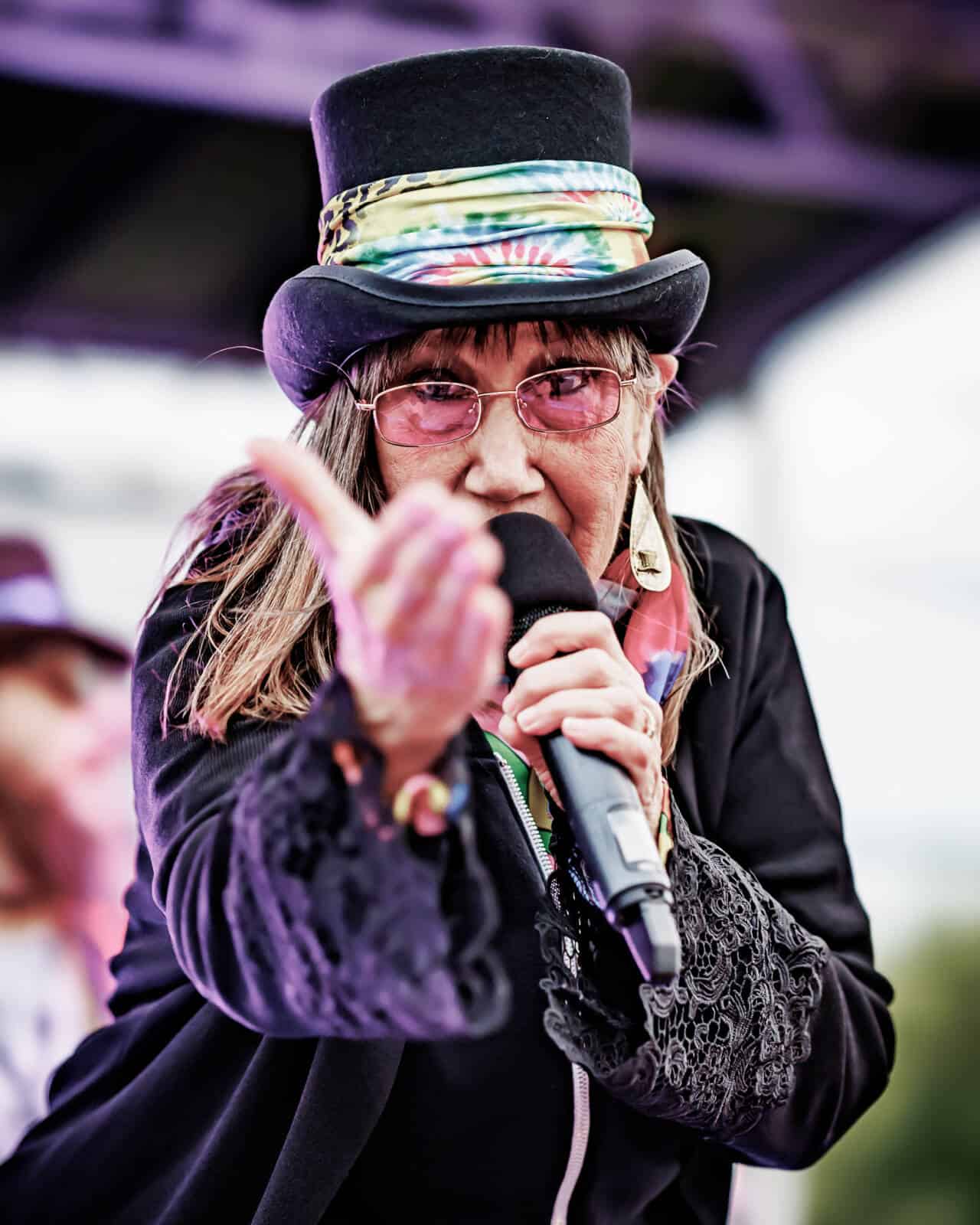
The Tulsa Sound: The Definitive Definition by Ann Bell
I was privileged to be born in 1950, in the Great State of Oklahoma, and the Great City of Tulsa. Growing up I learned very quickly just how blessed I was to be an Okie and for many reasons. The people are such loving, laid-back, God-fearing patriots, and I learned from my family to take great pride in that fact.
As I became a teenager, another truthful fact emerged in my awareness of being an Okie. That fact was the powerfully impacting presence of our music history. The music history of Oklahoma and Tulsa was set apart from all other states in our cherished nation. I would say even in the world. This music history shaped musicians, singers, and songwriters reaching far beyond our state borders in all genres of music.
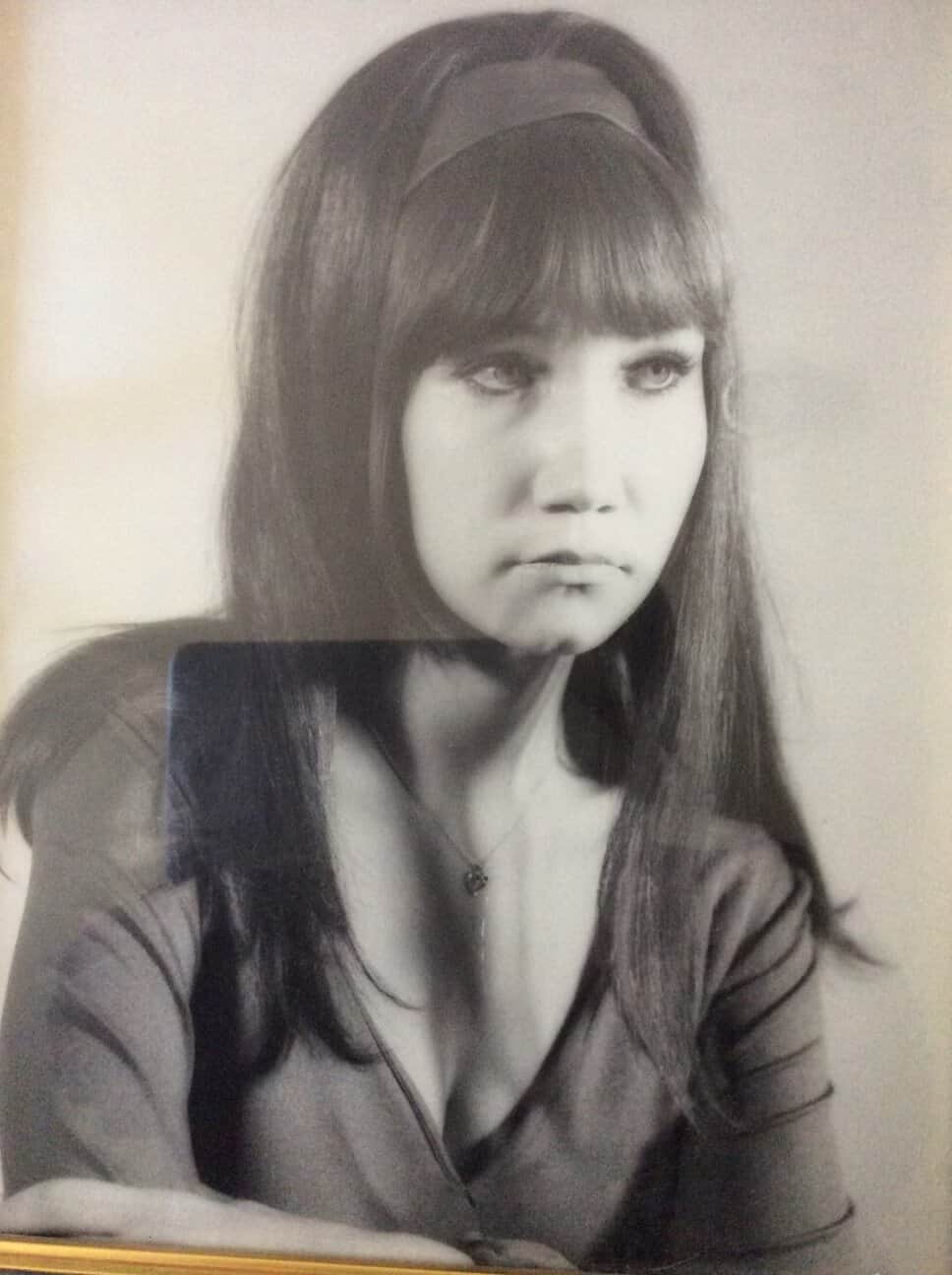 It impacted the music scene, in the most extraordinary way, during the 1950s-1970s by a few very elite and God-endowed body of upcoming artists/musicians/singers/performers who came along at a pivotal time in our nation’s history. These artists were Leon Russell, JJ Cale, Chuck Blackwell, Jimmy Karstein, Jim Keltner, Jimmy Markham, Tommy Tripplehorn, Larry Bell, David Teegarden, Colonel Gary Sanders, and Carl Radle. These eleven men became the pioneers and creators of what was originally called “The Tulsa Sound.” It was a distinctive sound that came from a unique way of playing the Blues.
It impacted the music scene, in the most extraordinary way, during the 1950s-1970s by a few very elite and God-endowed body of upcoming artists/musicians/singers/performers who came along at a pivotal time in our nation’s history. These artists were Leon Russell, JJ Cale, Chuck Blackwell, Jimmy Karstein, Jim Keltner, Jimmy Markham, Tommy Tripplehorn, Larry Bell, David Teegarden, Colonel Gary Sanders, and Carl Radle. These eleven men became the pioneers and creators of what was originally called “The Tulsa Sound.” It was a distinctive sound that came from a unique way of playing the Blues.
Within a short while, the eleven mentored and adopted into the fold artists like Jamie Oldaker, Jim Byfield, Dick Sims, Jim Sweeney, Steve Hickerson, Skip Knape, Gary Gilmore, myself and later Debbie Campbell; and we too approached R&B with “The Tulsa Sound” twist. It was all about that shuffle.
We were taken under the wings of these Okie Icons and were mentored “specifically” with their very unique and personal approach to how they played the Blues in particular. We also became infected with the way this style of playing created a specific emotion in you through the groove it produced.
There are so many artists of all music genres who were molded in some way by “The Tulsa Sound,” that I dare not try to list them all for fear of leaving anyone out. Tulsa’s history has recorded who they all are. I am primarily focused on the writing of those Okies who played the Blues genre.
The times were changing in the 50s, 60s, and 70s, as artists like Elvis Presley, Little Richard, Aretha Franklin, BB King, and the Beatles brought our generation such inspiration that it shaped our perspective and consciousness of the ways in which our world was either changing or needed to be changed. The band of the original Oklahoman-born brothers who founded “The Tulsa Sound,” as it was known at the time, had a major role in influencing Tulsa’s music generation, as well as many others outside of our state’s boundaries in those days.
I am one of those who was so impacted, that it shaped my own style, passion, dedication, and approach to the way I sing and perform. To this day, I remain loyal to my brothers in arms, my mentors, and my dearest friends, (and in too many cases the memory of those gone too soon) and what they gave us. I remain forever and eternally grateful that they saw something in me worth developing and investing their love, time and support. I am devoted to protecting the integrity of the original “Tulsa Sound.”
To my dismay, however, the idea and understanding of the original definition of “The Tulsa Sound” has become somewhat blurred, and perceived with a less clear understanding over time. It is used and even misused without the full knowledge of what it actually was in the beginning. With all my heart, I firmly feel that there are now literally two meanings of “The Tulsa Sound.”
Definition 1: The original term “The Tulsa Sound” is something I consider sacred. It is not a general term to be used and painted with a broad brush. It was a phrase used to describe the specific sound that these eleven musicians created when playing in a specific style known as the “Shuffle Beat or Groove.” In fact, as Leon himself described it, “It came about as a result of playing with Jerry Lee Lewis one night, and as they engaged in the Shuffle Groove, Jerry Lee kept adding the straight 8th notes to it while they played it.”
This changed the whole groove and expanded the way it felt and kind of jumped and lilted in the pocket. “The Tulsa Sound” described how they played this newly revised version of the Blues Shuffle. It set them and Tulsa apart from all other Blues-influenced music scenes and players. Nobody played that shuffle as they did. It was so infectious that artists like Clapton jumped on it as quickly as he heard it and hired Okies to reproduce it in his music. It was unique to Tulsa and to them. Thank God, they taught us how to do it too.
Definition 2: The more commonly accepted definition, as penned by journalists, and even defined in most forms of media, describes it as “any and all music artists, music styles, music performers from any and all music genres that are native to, come out of, or developed in the state of Oklahoma and the City of Tulsa.”
This definition uses the term not as it was originally birthed or intended. It is a valid overarching way of describing Tulsa music and what it was like in the past, in the present, and will be in the future. However, it is currently not used in the manner in which it was initially introduced into the consciousness of the music world through those eleven men.
Don’t get me wrong. I stand proud of Tulsa and Oklahoma music and the way it affects all life around it. I cherish the memories of those Golden Years in Tulsa and how they shaped the Blues as we know it. I honor and see the Great Value and potential that is still rising and coming out of our Great City and State. I will forever be a proud Okie.
I only desire for clarity when someone uses the term “The Tulsa Sound” or claims themselves a member of “The Tulsa Sound.”
The distinction between being a part of the original “Tulsa Sound” as described in Definition 1, by having lived during those Golden Years and having been blessed to be a part of that very, very special group of Oklahoma artists who created “The Tulsa Sound” or, alternatively, as someone who is defined in Definition 2 is, in my opinion, crucial for artists to understand.
I do not want to be viewed as arrogant, divisive, judgmental, or pious. Rather, I hope to be viewed as one who is grateful, humbled to be loved and have my artistry admired, and one who with her dying breath will uphold the sanctity and greatness of those amazing players back in that special time who put us all on the map. That “Tulsa Sound” will never be duplicated. I am proud and honored to be a part of Definition 1.
For those who have come after, be proud to be a part of Definition 2 and to be influenced by Definition 1. What a blessing.
I love you Tulsa, Oklahoma. Now and Forevermore,
Ann Bell
Teresa Knox
- TAGS: Aretha Franklin, BB King, Beatles, Blues, Chuck Blackwell, David Teegarden, Denny Cordell, Elvis, Jamie Oldaker, Jim Keltner, Jimmy Karstein, Jimmy Markham, JJ Cale, Larry Bell, Leon Russell, Shelter Records, The Church Studio, The Tulsa Sound, Tom Russell, Tommy Tripplehorn, Tulsa, Tulsa Sound, Willis Alan Ramsey

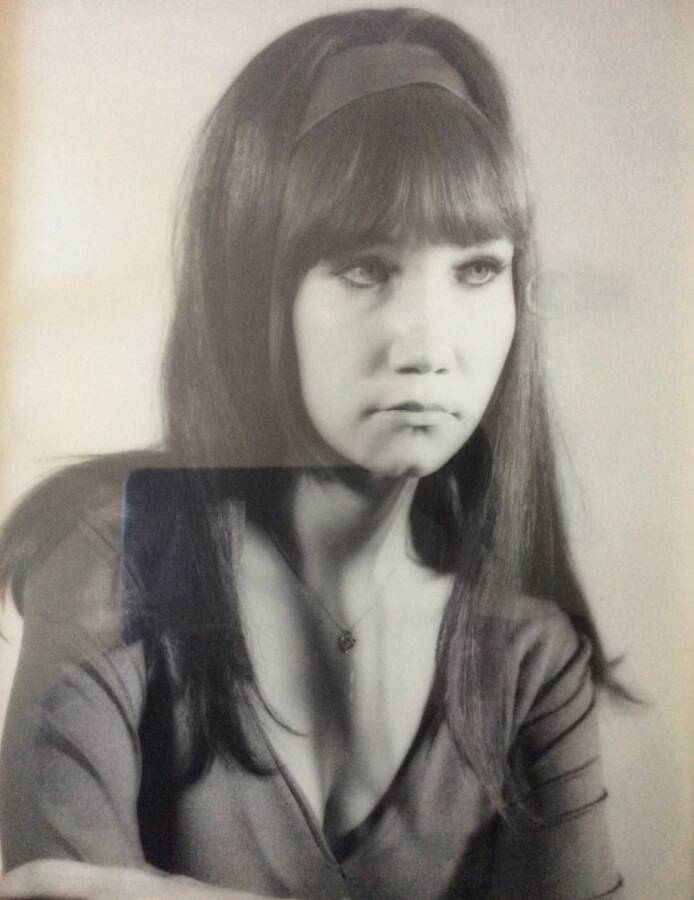
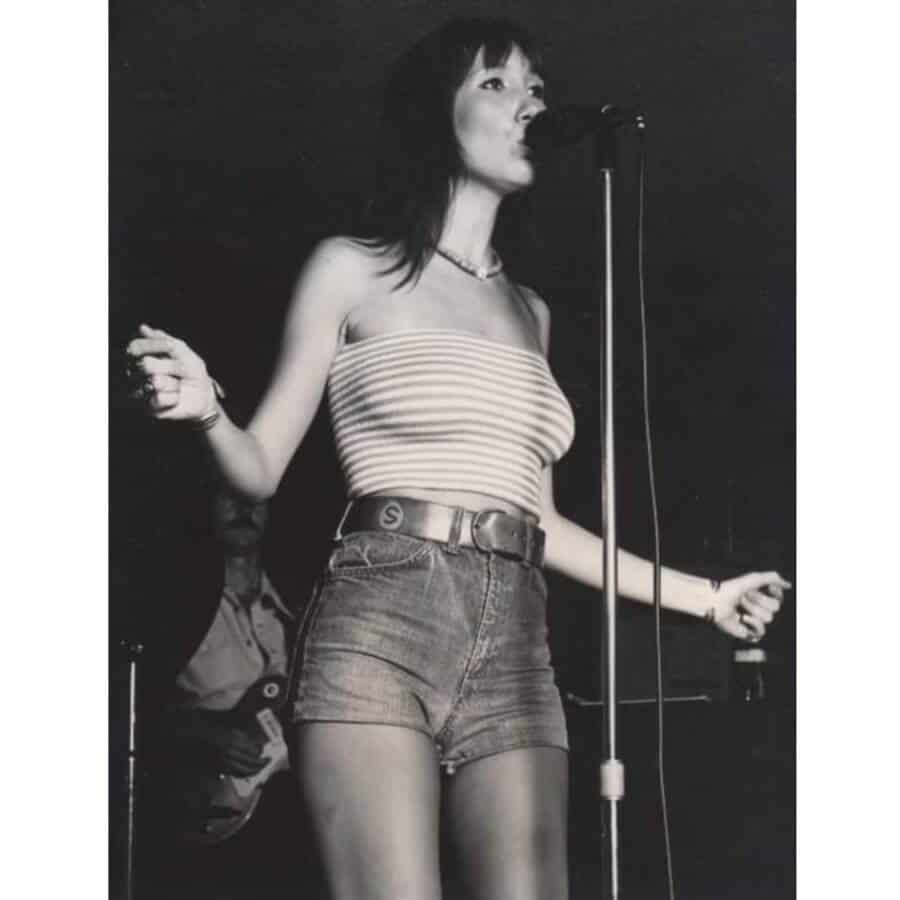
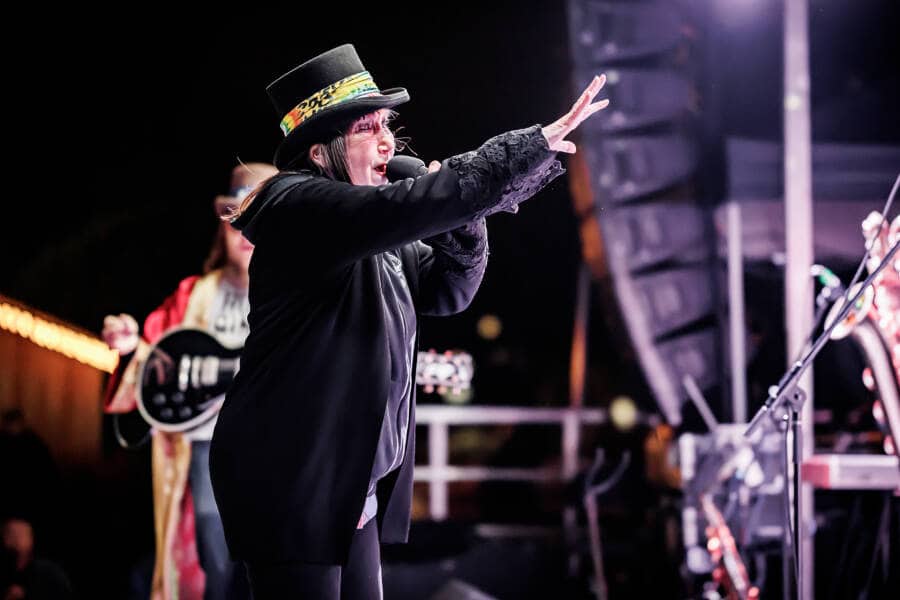
1 Comments
Well said, Ann! I’m 68, from another city of rich music traditions—Philadelphia—and fell in love with Leon Russell and the Tulsa Sound back in the early 70s. My wife and I visited Tulsa for the first time in June to explore the Bob Dylan and Woody Guthrie centers, the Church Studio, and the Greenwood Cultural Center and neighborhood. We loved everything and everybody that we met in Tulsa, and have nothing but raves about your city! We were impressed by how open-minded and inclusive people and places were. I guess Woody pre-dated the era you wrote about. Maybe he fits Definition 2.
Dylan grew up in Minnesota, found fame in New York, but loves Woody and Tulsa so much that he established his center and archives there. Not too shabby!